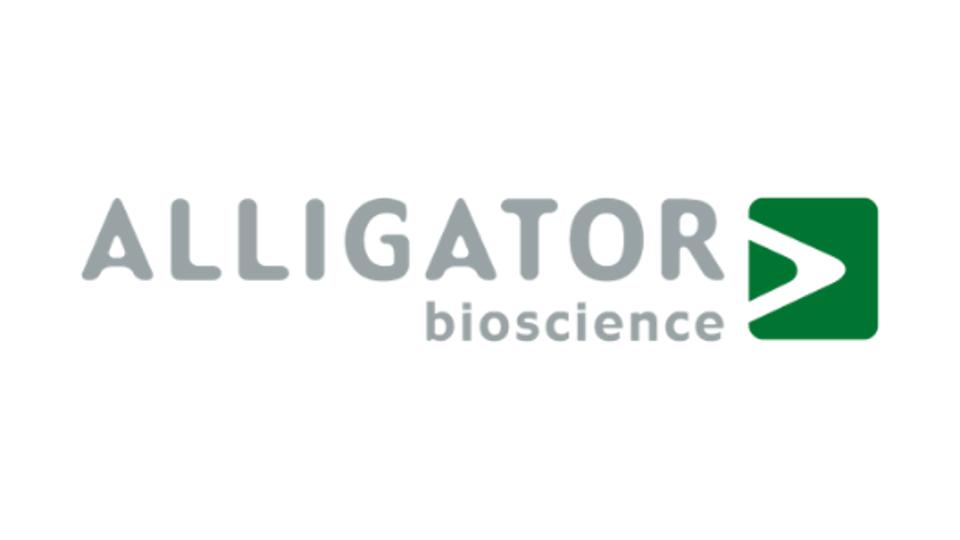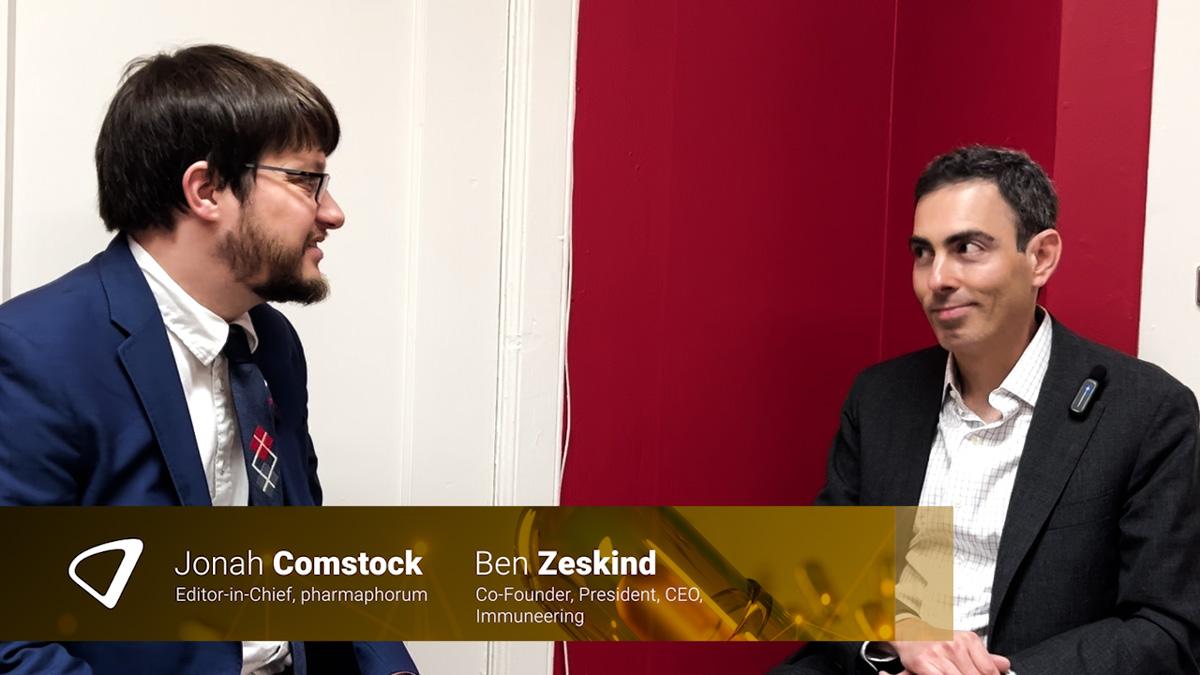Alligator pancreatic cancer drug 'nearly doubles' survival

Alligator Bioscience has reported updated results with its CD40 agonist mitazalimab as a first-line treatment for advanced pancreatic cancer, a disease with few treatment options.
The Swedish biotech said this morning that new data from the phase 2 OPTIMIZE-1 study – first reported at this year's ASCO cancer congress – resulted in a "near doubling" in overall survival after 18 months of follow-up.
The 57-subject study – which compared mitazalimab plus chemotherapy regimen mFOLFIRINOX to mFOLFIRINOX alone – found that 36.2% of metastatic pancreatic ductal adenocarcinoma (mPDAC) patients treated with Alligator's drug were still alive at that time point, compared to 18.6% of the control group, according to data presented at the Society for Immunotherapy of Cancer (SITC) in Houston.
Currently, the five-year overall survival rate for mPDAC is less than 5%, and current systemic therapies are associated with poor outcomes.
New data from the study also showed that the overall response rate (ORR) with mitazalimab remained strong at 42.1%, including 23 partial responses and one complete response, with a median duration of response of 12.6 months, which Alligator said is "an unprecedented outcome in this aggressive disease."
CD40 agonists have had mixed results in cancer to date, with Roche discontinuing its selicrelumab candidate after disappointing clinical results in pancreatic cancer and non-Hodgkin lymphoma, for example, with prior studies marked by low efficacy and dose-limiting toxicity.
The rationale behind the drugs is that stimulating CVD40, a receptor on dendritic cells of the immune system, enhances their ability to display cancer-associated antigens and boosts the immune response.
Alligator – which has been going it alone with mitazalimab after losing Johnson & Johnson as a partner for the drug a few years ago – said its programme is now headed for a potentially pivotal trial in combination with mFOLFIRINOX in this type of pancreatic cancer.
New data presented at SITC also showed that the efficacy data tracked with immunological profiles that can serve as biomarkers for a response, which will help with the design of that confirmatory trial, which is due to start in the first half of 2025.
"The results demonstrate the potential of these candidates to significantly improve treatment options for patients, and confirm our CD40 agonists as the primary value drivers for Alligator," commented chief medical officer Dr Sumeet Ambarkhane.
"This clinically meaningful survival benefit shows the potential of mitazalimab to make a significant difference for pancreatic cancer patients, who still sadly have very poor prognosis."
Alligator recently completed enrolment in a new 450 μg/kg dose cohort for OPTIMIZE-1, half the dose used in the main evaluation, which was requested by the FDA as a condition of advancing the programme into phase 3.
Another group with a CD40 agonist still in development is Pyxis Oncology, which acquired Apexigen and its sotigalimab (PYX-107) candidate last year, although, Pfizer seems to have stopped development of its antibody-drug conjugate cifurtilimab (SEA-CD40), inherited as part of its takeover of Seagen.












